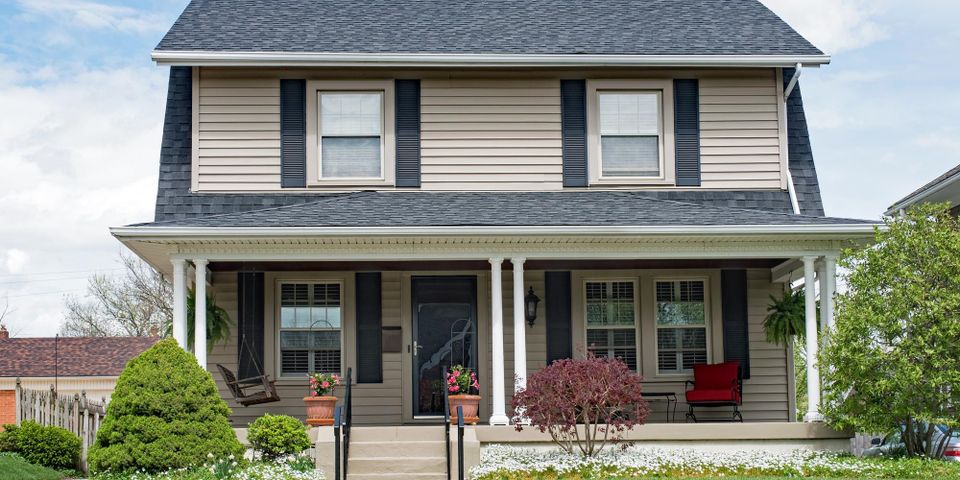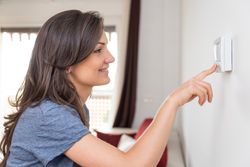
Your home siding protects the structure from the elements and pests, keeping the interior safe. What many don't realize is the material also increases your homes' energy efficiency. Learn more about this connection below to take full advantage.
How Siding Impacts Your Home's Efficiency
While all siding offers some degree of insulation, some varieties are more effective than others. For instance, stucco and insulated vinyl are better at reducing heat transfer than cement, stone, or aluminum varieties.
 Insulated vinyl features a rigid foam backing that prevents heat from escaping through the walls and studs and reduces cold air from entering in winter. Likewise, insulated siding can also help your home sustain cooler indoor temperatures in the summer by keeping hot air out.
Insulated vinyl features a rigid foam backing that prevents heat from escaping through the walls and studs and reduces cold air from entering in winter. Likewise, insulated siding can also help your home sustain cooler indoor temperatures in the summer by keeping hot air out.
Benefits of Energy-Efficient Siding
Insulated vinyl siding provides numerous benefits, including enhanced curb appeal, durability, and ease of maintenance. However, its primary advantage is energy-efficiency. By lowering the rate of heat loss and gain, you increase the thermal performance in your walls, reducing your dependency on the heating and cooling system. Over time, this can amount to decreased energy use and lower utility bills.
Additionally, by reducing strain on your HVAC system, you may also extend its lifespan, potentially saving you money on costly repairs or premature replacements. Since insulated vinyl blankets your home's exterior, it can also reduce cold spots and drafts throughout the house, helping you stay comfortable year-round.
If you want to improve your home's energy efficiency, contact Go to Guys Exteriors in Lebanon, OH, for high-quality insulated vinyl. Their professional and experienced team takes pride in providing a variety of eco-friendly materials designed to help you save money and reduce your carbon footprint. Contact them today at (937) 673-6760 to request an estimate, or visit them online to learn more about their products and services.
About the Business
Have a question? Ask the experts!
Send your question

